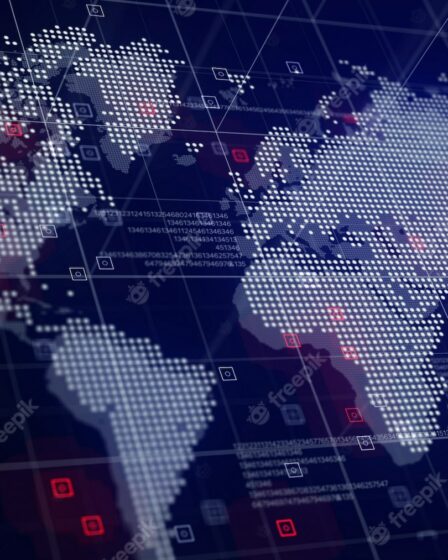India’s foreign policy has a unique frontier to cross for reaching optimum relations with South Asia – space diplomacy via launch capability. This foreign policy tool is significant, as the 21st century will require increased reliance on space technology to keep up with the demands of globalization. In the present era, space capability is also a coveted symbol of a state’s national power and prestige. South Asian countries have a dependable big brother in India for propelling themselves into the space niche.

